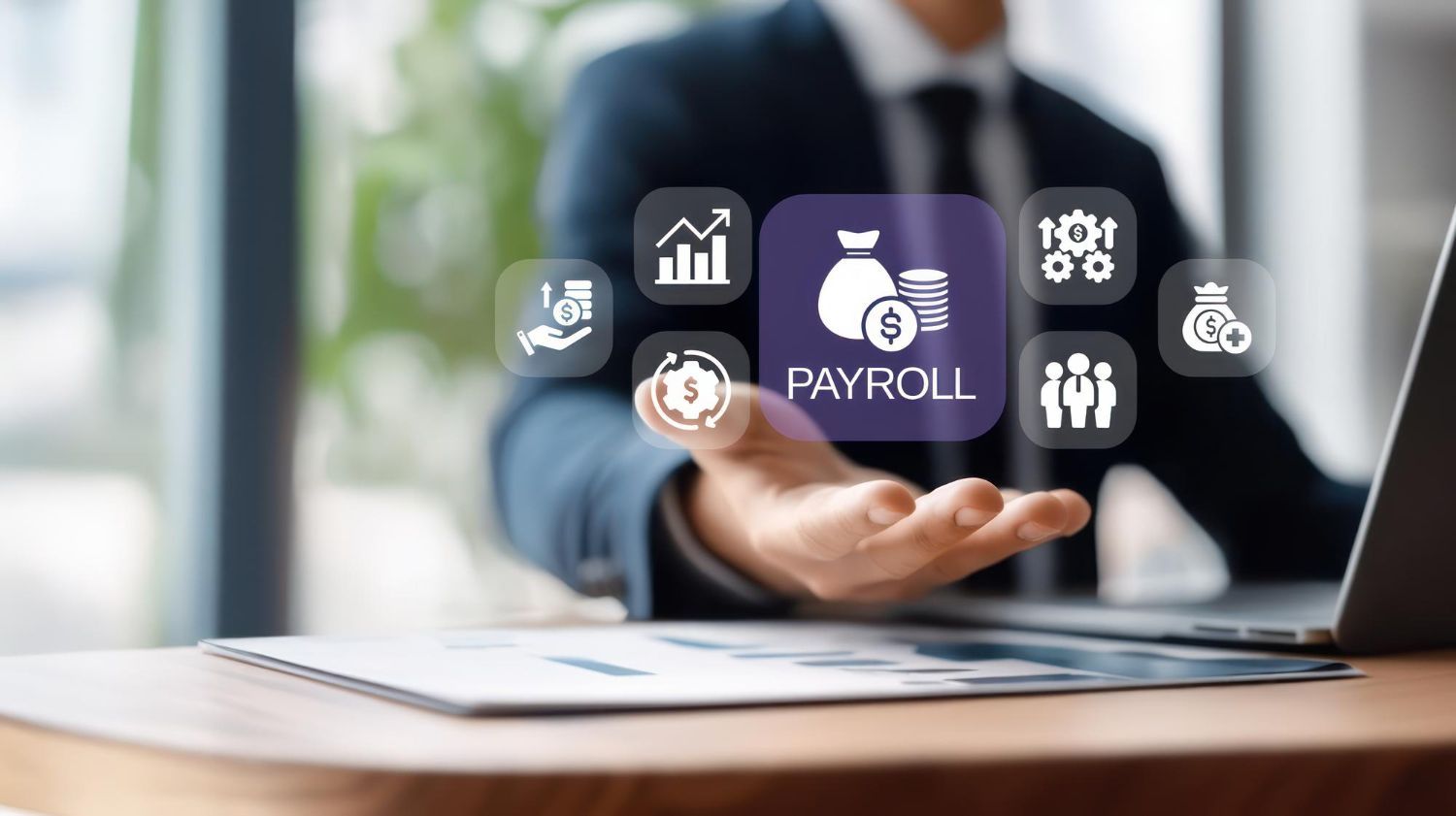Financial Forecasting: Planning for a Successful Future
Introduction
Financial forecasting is a vital aspect of strategic planning for businesses of all sizes. It involves predicting future financial outcomes based on historical data, market trends, and other relevant factors. By forecasting revenue, expenses, and cash flow, businesses can make informed decisions and plan for a successful future. This guide explores the importance of financial forecasting and provides tips for effective forecasting practices.
1. Understand Your Business Goals
Before you begin financial forecasting, it’s essential to understand your business goals and objectives. Clearly define what you want to achieve in the short-term and long-term, whether it’s increasing revenue, expanding into new markets, or improving profitability. Your financial forecasts should align with these goals and help you track progress towards achieving them.
2. Gather Relevant Data
Gather relevant data from your financial records, market research, industry benchmarks, and other sources to inform your forecasts. Historical financial data can provide valuable insights into past performance, while market trends and economic indicators can help predict future conditions. Use a variety of data sources to create more accurate forecasts.
3. Use the Right Forecasting Methods
There are various methods and techniques for financial forecasting, including qualitative methods (such as expert opinion and market research) and quantitative methods (such as time series analysis and regression analysis). Choose the methods that are most appropriate for your business and the level of accuracy required for your forecasts.
4. Forecast Revenue and Expenses
Forecasting revenue and expenses is essential for determining your business’s financial health and profitability. Estimate future sales based on historical sales data, market trends, and sales forecasts. Similarly, forecast expenses by analyzing past expenses, considering future growth or expansion plans, and accounting for inflation and other cost drivers.
5. Project Cash Flow
Cash flow forecasting is critical for ensuring your business has enough cash on hand to meet its financial obligations. Project cash inflows and outflows over a specific period, taking into account factors such as customer payment terms, vendor payment schedules, and seasonal fluctuations in revenue and expenses. Identify potential cash flow gaps and plan accordingly.
6. Monitor and Adjust Forecasts Regularly
Financial forecasts are not set in stone and should be adjusted regularly based on actual performance and changes in the business environment. Monitor your forecasts against actual results and revise them as needed to reflect new information or changing circumstances. Regularly reviewing and updating your forecasts will help you make more accurate predictions and better-informed decisions.
7. Consider Scenario Analysis
In addition to creating a single forecast, consider conducting scenario analysis to evaluate the potential impact of different future scenarios on your business. This can help you identify potential risks and opportunities and develop contingency plans to mitigate risks and capitalize on opportunities.
Conclusion
Financial forecasting
is a powerful tool for planning and managing your business’s financial future. By understanding your business goals, gathering relevant data, using the right forecasting methods, forecasting revenue and expenses, projecting cash flow, monitoring and adjusting forecasts regularly, and considering scenario analysis, you can create more accurate forecasts and make better-informed decisions to ensure the success of your business.
FAQs
The post Financial Forecasting: Planning for a Successful Future appeared first on DBM Accounting | David B. McKeand Professional Corporation.











